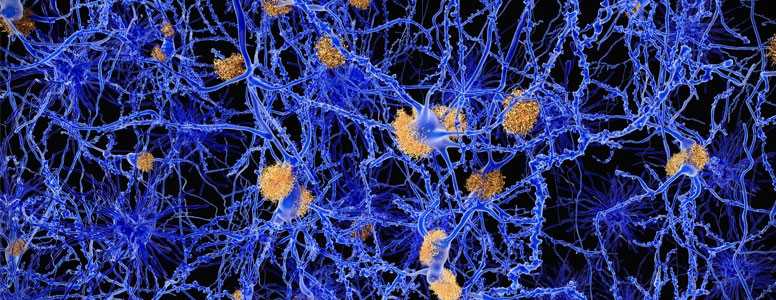Greater consumption of fresh fruit is associated with a lower incidence of type 2 diabetes and reduced complications in people with existing type 2 diabetes, research suggests.
The study was led by Huaidong Du of the University of Oxford, which found people with type 2 diabetes who ate more fresh fruits had lower rates of microvascular and macrovascular complications.
The research team claims this is the first large prospective study demonstrating how fresh fruit consumption is associated with incident diabetes and diabetic complications.
Fruit is a very healthy food group, but some fruit such as bananas and oranges contains more carbohydrate than low-carb fruits like berries. Regular consumption of high-carb fruits can consequently raise blood glucose levels, so eating fruits low in sugar improves health benefits.
Nearly 500,000 people were recruited from the China Kadoorie Biobank for the study, which took place between June 2004 and July 2008.
Follow-up over seven years monitored new cases of type 2 diabetes and the occurrence of vascular disease and death in people with pre-existing type 2 diabetes.
Overall, 18.8 per cent of participants reported consuming fresh fruit every day; 6.4 per cent never/rarely did. Those with pre-existing diabetes were around three times more likely to regularly consume fresh fruit.
Higher consumption of fresh fruit corresponded to a 0.2 per cent decreased type 2 diabetes risk, and lower risks for mortality and microvascular and macrovascular complications among those with pre-existing type 2 diabetes.
Du and colleagues stress that their findings are of value for Asian populations where fresh fruit consumption is commonly restricted among people with diabetes.
The researchers admit, though, that it is not clear why fresh fruit was shown to yield these benefits.
“The exact mechanisms through which fresh fruit consumption may be protective against the development and deterioration of diabetes are not very well understood,” Du said.
“Fruit contains sugars (i.e., glucose and fructose), which may have negative impacts on glycemic control. However, the natural sugars in fruit may not be metabolised in the same way as refined sugars.”
A limitation of this study is that it was observational, and causational effects of fresh fruit cannot be distinguished. Moreover the effects cannot be determined compared to participants’ other dietary patterns.
The findings appear online in the journal PLOS Medicine.
What's new on the forum? ⭐️
Get our free newsletters
Stay up to date with the latest news, research and breakthroughs.




